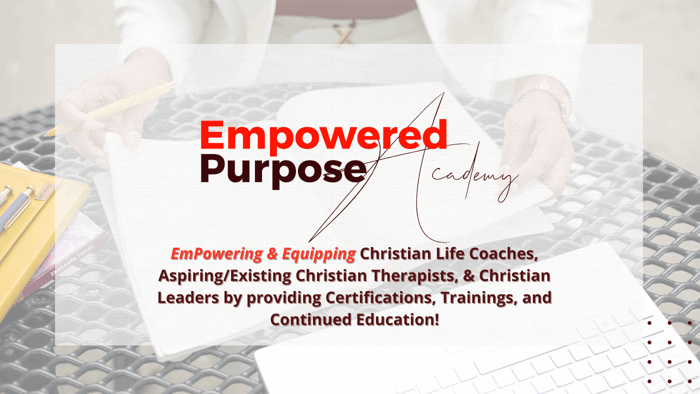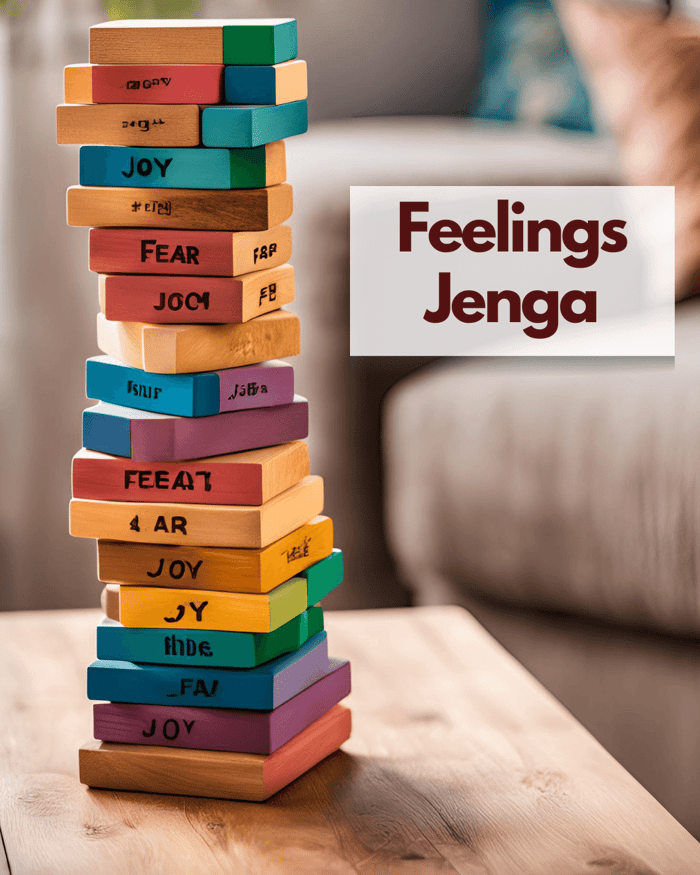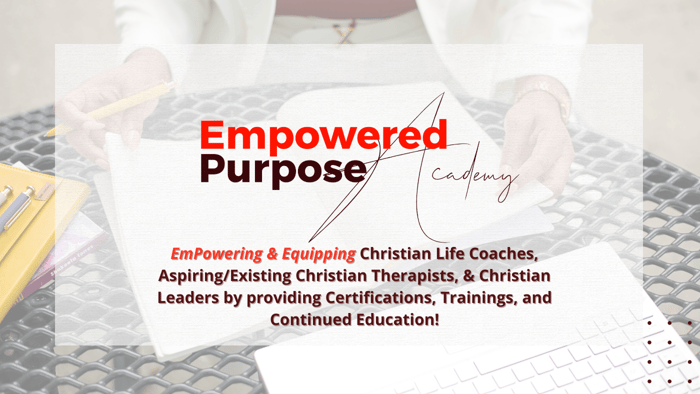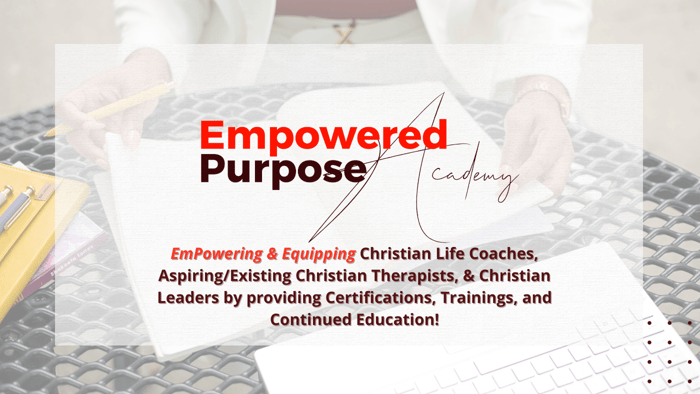Table of Contents
- What Is Feelings Jenga?
- Why Use Feelings Jenga in Christian Therapy?
- How to Set Up Feelings Jenga in Christian Therapy
- List of Emotions to Use in Feelings Jenga
- How to Play Feelings Jenga in Therapy
- How to Adjust Feelings Jenga for Different Ages
- Practical Tips for Therapists Using Feelings Jenga
- Final Thoughts
- FAQs
Using Feelings Jenga to Help Kids Process Emotions: A Therapeutic Technique for Christian Therapists
Using Feelings Jenga to Help Kids Process Emotions: A Therapeutic Technique for Christian Therapists
Helping children navigate their emotions can be challenging, but as Christian therapists, we have the unique opportunity to integrate biblical truth with therapeutic techniques. Feelings Jenga is a simple, interactive tool that encourages children to express their emotions in a fun, structured, and safe way.
This guide provides practical steps for using Feelings Jenga in therapy with kids. It includes a list of emotions to incorporate, ways to integrate biblical principles and modifications to the game for different age groups.
What Is Feelings Jenga?
Feelings Jenga is a modified version of the classic Jenga game that helps children explore their emotions in a playful yet meaningful way. Instead of pulling out a plain wooden block, each block has an emotion or discussion prompt encouraging the child to reflect and discuss their feelings.
For Christian therapists, this tool can help children process emotions and guide them toward biblical truth and emotional resilience.
Why Use Feelings Jenga in Christian Therapy?
Children often struggle with identifying and verbalizing emotions. Traditional talk therapy may feel intimidating or overwhelming, but using play-based techniques like Feelings Jenga can:
✔ Encourage Emotional Awareness – Helps children recognize and name their emotions.
✔ Promote Healthy Expression – Provides a safe space to talk about feelings.
✔ Reduce Anxiety and Stress – Makes emotional conversations feel less intimidating.
✔ Build Resilience – Encourages children to work through difficult emotions.
✔ Integrate Biblical Truth – Allows Christian therapists to bring in scripture and God’s design for emotions.
How to Set Up Feelings Jenga in Christian Therapy
Materials Needed:
- A standard Jenga set
- Permanent markers or colored stickers
- A list of emotions and discussion prompts
- A Bible or scripture reference card (optional)
How to Customize the Blocks:
- Write One Emotion Per Block – Use a permanent marker or stickers to label each Jenga block with an emotion.
- Add Discussion Prompts– On some blocks, include open-ended questions such as:
- When was a time you felt this way?
- What helps you feel better when you experience this emotion?
- What do you think God says about this feeling?
- Incorporate Scripture – Pair emotions with relevant Bible verses to guide children toward biblical truths about emotions.
List of Emotions to Use in Feelings Jenga
Here is a comprehensive list of emotions you can include in your Feelings Jenga set:
Positive Emotions:
✅ Joyful (Psalm 118:24)
✅ Loved (Romans 8:38-39)
✅ Grateful (1 Thessalonians 5:18)
✅ Peaceful (John 14:27)
✅ Confident (Philippians 4:13)
✅ Hopeful (Jeremiah 29:11)
✅ Brave (Joshua 1:9)
Difficult Emotions:
🔴 Angry (Ephesians 4:26)
🔴 Sad (Psalm 34:18)
🔴 Frustrated (James 1:19-20)
🔴 Lonely (Deuteronomy 31:8)
🔴 Fearful (2 Timothy 1:7)
🔴 Anxious (Philippians 4:6-7)
🔴 Embarrassed (Proverbs 29:25)
Healing Emotions:
🌱 Forgiving (Colossians 3:13)
🌱 Encouraged (Isaiah 41:10)
🌱 Compassionate (Ephesians 4:32)
🌱 Trusting (Proverbs 3:5-6)
🌱 Restored (Psalm 147:3)
By integrating scripture, children learn that their emotions are valid and that God cares about their feelings.
How to Play Feelings Jenga in Therapy
Explain the Game
- Let the child know this is a fun way to discuss feelings.
- Emphasize that there are no right or wrong answers.
Set the Rules
- Players take turns pulling a block from the Jenga tower.
- When they pull a block, they read the emotion or question aloud.
- The child shares their thoughts, a story, or an experience related to the emotion.
Encourage Open Discussion
- Use follow-up questions like, Can you tell me more about that? How did that make you feel?
- Offer gentle guidance and validation.
Connect Emotions to Scripture
- After the child shares, discuss what the Bible says about that emotion.
- Example: If a child pulls the Fearful block, read 2 Timothy 1:7 – "For God has not given us a spirit of fear, but of power, love, and a sound mind."
End with Prayer or Reflection
- Ask the child if they would like to pray about what they shared.
- Encourage them to talk to God about their emotions.
How to Adjust Feelings Jenga for Different Ages
Preschool (Ages 3-5)
- Use simpler words like happy, sad, mad, and scared.
- Let children draw or act out emotions instead of verbalizing them.
- Provide visual emotion cards to help them identify feelings.
Elementary (Ages 6-11)
- Use storytelling prompts related to emotions (e.g., “Tell me about a time you felt frustrated.”).
- Encourage role-playing different scenarios to help with emotional regulation.
- Integrate Bible stories that relate to emotions (e.g., David trusted God when he was afraid).
Teens (Ages 12+)
- Include more profound, open-ended questions about identity, peer pressure, and self-worth.
- Encourage self-reflection and journaling before responding.
- Allow for more autonomy in guiding discussions.
Practical Tips for Therapists Using Feelings Jenga
✔ Be Patient – Some children may struggle to express themselves at first. Give them time.
✔ Model Healthy Expression – Share examples of how you process emotions healthily.
✔ Allow Alternative Responses – If a child is uncomfortable answering a question, let them pick another block.
✔ Create a Safe Space – Ensure children feel heard, validated, and supported.
✔ Use It Alongside Other Techniques – Combine Feelings Jenga with journaling, drawing, or prayer.
Final Thoughts
Feelings Jenga is a powerful, faith-based tool for helping children process emotions safely and engagingly. By integrating biblical principles, Christian therapists can help children understand that God created emotions and wants to help them navigate their feelings.
This game in therapy fosters emotional growth and instills a biblical foundation for handling emotions with wisdom, trust, and faith.
For more resources tailored to Christian-based providers, explore our library of faith-integrated tools, including worksheets, books, courses, and training materials through EmPowered Purpose Academy. These resources combine biblical principles, coping skills, education, and evidence-based practices to help you support your clients spiritually and emotionally. Check it out today!
Call to Action
For more resources tailored to Christian-based providers, explore our library of faith-integrated tools, including worksheets, books, courses, and training materials through EmPowered Purpose Academy. These resources combine biblical principles, coping skills, education, and evidence-based practices to help you support your clients spiritually and emotionally.
"Download our free worksheet designed specifically for Christian therapists! This resource includes a comprehensive list of emotions, thought-provoking prompts to guide your clients, and scripture references to support faith-based emotional processing. Use it to jump-start meaningful conversations in your sessions today!"FAQs
1. At what age can children start playing Feelings Jenga in therapy?
Feelings Jenga can be adapted for children as young as three years old. For younger kids (ages 3-5), you can use more straightforward emotions like happy, sad, and mad and allow them to draw or act out their feelings instead of verbalizing them. For older children and teens, you can incorporate more complex emotions and more profound discussion questions to encourage reflection and self-awareness.
2. How do I introduce Feelings Jenga to a child who is hesitant to talk about emotions?
Start by normalizing emotions and making the game feel like a fun activity rather than a serious discussion. You can say something like: "This is a game where we get to learn about our feelings! There's no right or wrong answer—just sharing and having fun." If a child is hesitant, let them observe first, or offer an alternative way to express themselves, such as drawing or pointing to a face on an emotion chart.
3. How can I incorporate scripture naturally into the game without overwhelming the child?
To keep scripture engaging and natural, tie Bible verses into the discussion in a way that makes sense for the child’s age and understanding. For example:
- If a child pulls a Fearful block, you can say, "Did you know that God tells us in the Bible not to be afraid? In 2 Timothy 1:7, He says He gives us power, love, and a sound mind. How do you think that helps when you’re scared?"
- Allow the child to reflect on how God’s word relates to their experience rather than just reading verses at them.
4. What should I do if a child pulls a block but doesn’t want to answer the question?
If a child feels uncomfortable answering, never force them to respond. Instead, provide alternative ways to engage:
✔ Let them pick another block.
✔ Allow them to draw or act out their response instead of speaking.
✔ Ask a gentler follow-up question like, "Would you like to hear a story about this feeling instead?"
✔ Offer encouragement, reminding them they can answer when they feel ready.
Creating a safe, pressure-free environment will help the child feel more comfortable opening up over time.
5. Can Feelings Jenga be used in family therapy or group counseling?
Yes! Feelings Jenga is a great tool for family therapy, school counseling, and church-based support groups. In family therapy, it can help parents and siblings better understand each other’s emotions. In group therapy, it fosters connection, empathy, and communication skills. Therapists can encourage families or groups to discuss:
- How they can support each other emotionally.
- How God wants them to respond to emotions with love and grace.
- Healthy coping strategies for big feelings.
For groups, consider using a larger Jenga set to allow more participants to play at once.








